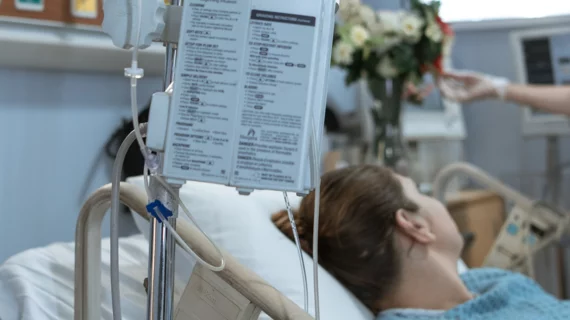Some nuc med departments are already feeling the strain of the isotope shortage
Just over a week after officials warned medical organizations that an isotope shortage was likely to occur, some clinics are already feeling the squeeze of supply constraints.
The high-flux reactor (HFR) in Petten, Netherlands is currently out of commission as experts work to repair an issue with one of its pipes. The repair was originally scheduled for December, but an inspection revealed that it needed to be addressed sooner rather than later.
Unfortunately, the unplanned fix is taking place during a time when other HFRs are undergoing routine maintenance that cannot be rescheduled, further complicating the supply chain. As a result, a disruption in the availability of the most utilized medical isotopes in the world—Mo-99 and Tc-99m—is imminent, the Nuclear Medicine Europe (NMEU) Emergency Response Team (ERT) warned in October.
Some organizations are already feeling the strain.
Thursday Belga News Agency shared the struggles of the nuclear medicine department at UZ Leuven—an academic hospital in Belgium. The report indicated that the hospital is receiving around half of its usual supply of technetium-99m. Although the organization is able to postpone certain exams in the interim, the department's head signaled that this option will be feasible for a very short time.
“This is still manageable for a few weeks for certain conditions, but it absolutely cannot last longer,” Koen Van Laere, professor and head of the department at UZ Leuven, told the news outlet. “A few weeks of reduced technetium supply is acceptable for some conditions, but this can't drag on. Patients needing cancer treatment can’t wait two months for an accurate diagnosis.”
The situation at UZ Leuven will likely play out at many facilities in the coming weeks as leaders in the industry work to address the looming isotope shortage. Early reports have indicated it could take several weeks to complete the repair.

